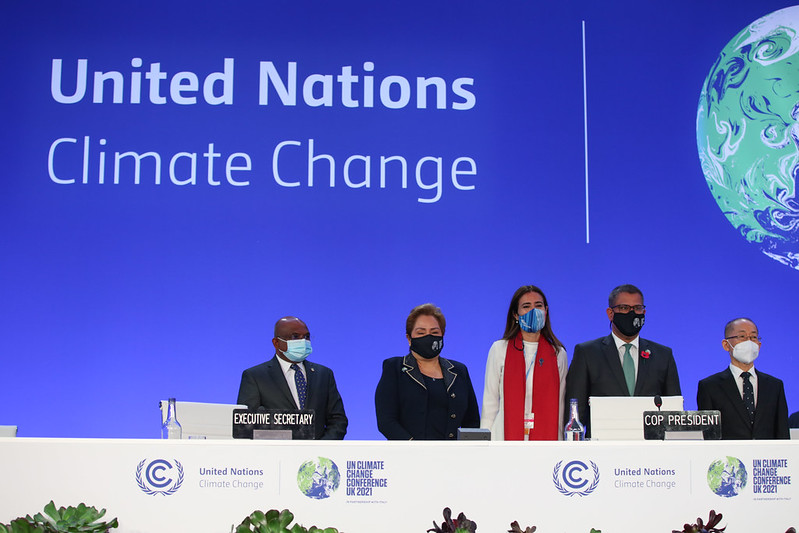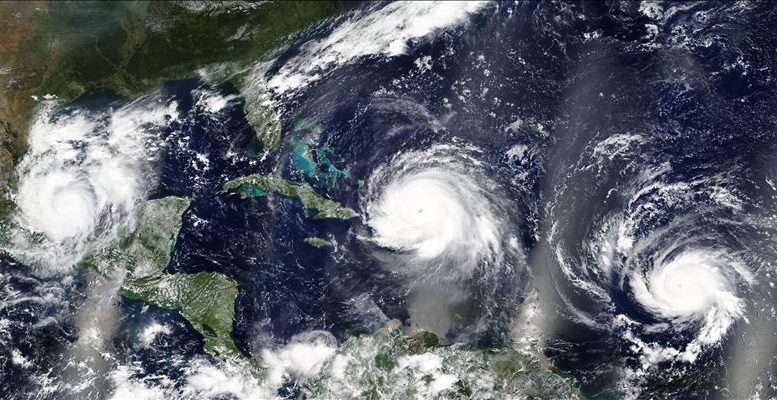COP26 is being billed as the most crucial summit in the history of the world. After all it is only attempting to save said world from extinction, writes Murray Ritchie.
It’s tempting to write off the COP26 in Glasgow now that Vladimir Putin and Xi Jinping say they are not coming to Scotland. But even they know change is inevitable whether they support it or not. Perhaps they might come to regret not being in the tent when the world proceeds without them.
Glasgwegians have a word for themselves – they are gallus. Loosely translated it means they are self-confident and a touch cocky. But in recent times their normal insouciance has faded.
Currently they are angry and embarrassed at the state of their city which has been suffering variously an explosion of litter, a plague of rats, the prospect of a paralysing strike by rail workers and some good old miserable west of Scotland weather – at the precise time when the eyes of the world are on Scotland’s biggest city with the upcoming two-week climate jamboree that is COP26.
At the last minute the rail strike was called off, but the refuse men are still holding out for more money. Talks are ongoing, which could yet be bad news for the rats. And those gallus Glaswegians have had some of their fortitude restored after a year preparing for what is being billed as the most crucial summit in the history of the world – after all it is only attempting to save said world from extinction.
With the show now on the road as of Sunday and thousands of participants and demonstrators arriving by the hour from the world over, Glasgow is in effect a garrison town swamped by clamouring hordes. And Glasgwegians are also braced for the mother of all traffic chaos and suffocating security restrictions.
And to what benefit? Possibly nothing, say the complainers, if the leaders of China and Russia, first and third in the world pollution race, boycott the proceedings as suggested.
The chances of success appear slim. Experts say reaching the 1.5 degrees target increase means halving greenhouse gas emissions in the next nine years.
A few voices concede that a couple of weeks of inconvenience and discomfort might be worth it if the world is stopped from burning itself to death. And that will undoubtedly be the view of the great majority of those attending – all of the 30,000 inside the tent and the other tens of thousands outside, almost all of whom will leave a carbon footprint of vast proportions as they disembark from their chartered cruise ships, aircraft, and other fossil fuel-friendly means of transport. To be fair, many others have walked – across Europe in some brave cases.

President Joe Biden will be claiming to represent the good guys despite America’s vast contribution to poisoning the earth, second only to China’s. That should help progress towards a deal. With a different result in the US elections the US would have been represented by Donald Trump and his quixotic belief that the world will simply cool itself naturally.
Boris Johnson, the UK prime minister, and one-time tormentor of climate activists, will parade his new-found belief in saving the planet and will call testimony from the god of all matters ecological, Sir David Attenborough, whose message is that failure in Glasgow will end the world as we know it. “If we don’t act now then it will be too late,” he said gloomily.
Somewhere in the background – to where she has been cast because this is Boris’s baby– will be Scotland’s first minister Nicola Sturgeon. She must not be permitted to upstage Mr Johnson and turn the Glasgow event into some sort of proof that if Scotland can host such an occasion, then it is perfectly well equipped to be an independent state. From the sidelines ahead of the summit she called for “credible action, not face-saving slogans”.
But even the wily Ms Sturgeon has a problem. She is currently faced with demands from the traditional energy sector to begin exploiting the Cambo oil and gas field off Shetland. The UK needs Cambo but it also needs and would prefer green energy. That little dilemma will probably be resolved after the summit and dealt with under “watch this space”.
In the meantime, she worries that abandoning Cambo would merely mean more energy imports. It is an argument which spreads across the world’s producers of fossil fuel.
Xi Jinping has argued – and he has a powerful point – that he is producing greenhouse gas only because we in the west are paying him to keep us supplied with everything from computers to Christmas tree trinkets.
Amid all the speculation about what the outcome will be there is no clear signal. China and Russia might yet come up with some positive initiatives. But they show little signs of it now.
Some observers believe the Paris deal of 2015 could be the template. It failed to reach binding limits with strict legal enforcement and agreed instead to set targets. Some progress has been made and it could be that Glasgow concludes with a similar arrangement.
But coaxing those with most to lose from greening the planet and securing net zero greenhouse gas emissions by the middle of this century while keeping global heating increases to 1.5 degrees is plainly an enormous challenge. The COP26 are being asked to bring their own ideas and plans involving the end of coal, deforestation, a new rush to electric vehicles and much greater investment in renewables.
The chances of success appear slim. Experts say reaching the 1.5 degrees target increase means halving greenhouse gas emissions in the next nine years.
At the heart of the challenge is China, the world’s workshop, where the government is pressing on with increased coal production for energy and steel and apparently oblivious to the consequences. Xi Jinping has argued – and he has a powerful point – that he is producing greenhouse gas only because we in the west are paying him to keep us supplied with everything from computers to Christmas tree trinkets.
Get round that one and COP26 might have a chance.
No-one seems to know what the Chinese and Russians have up their sleeves for Glasgow, but we’ll soon find out. They will be key to the outcome. It would be shocking – but unlikely – if they simply ignored the event without making a significant contribution.
But what if COP26 is a success?
Glasgow was at the heart of the UK’s industrial revolution. Glasgwegians remember their city when it was black with grime and the Clyde was an oil slick producing a fifth of the world’s ships.
COP26 meets by the Clyde where kids now fish and the buildings are bright and clean. But this one-time industrial powerhouse of a city was in ancient times known in Cumbric as the “dear green place”. How apt it would be if the world’s green salvation started there in 2021. You’d never hear the end of it from those gallus Glaswegians.





